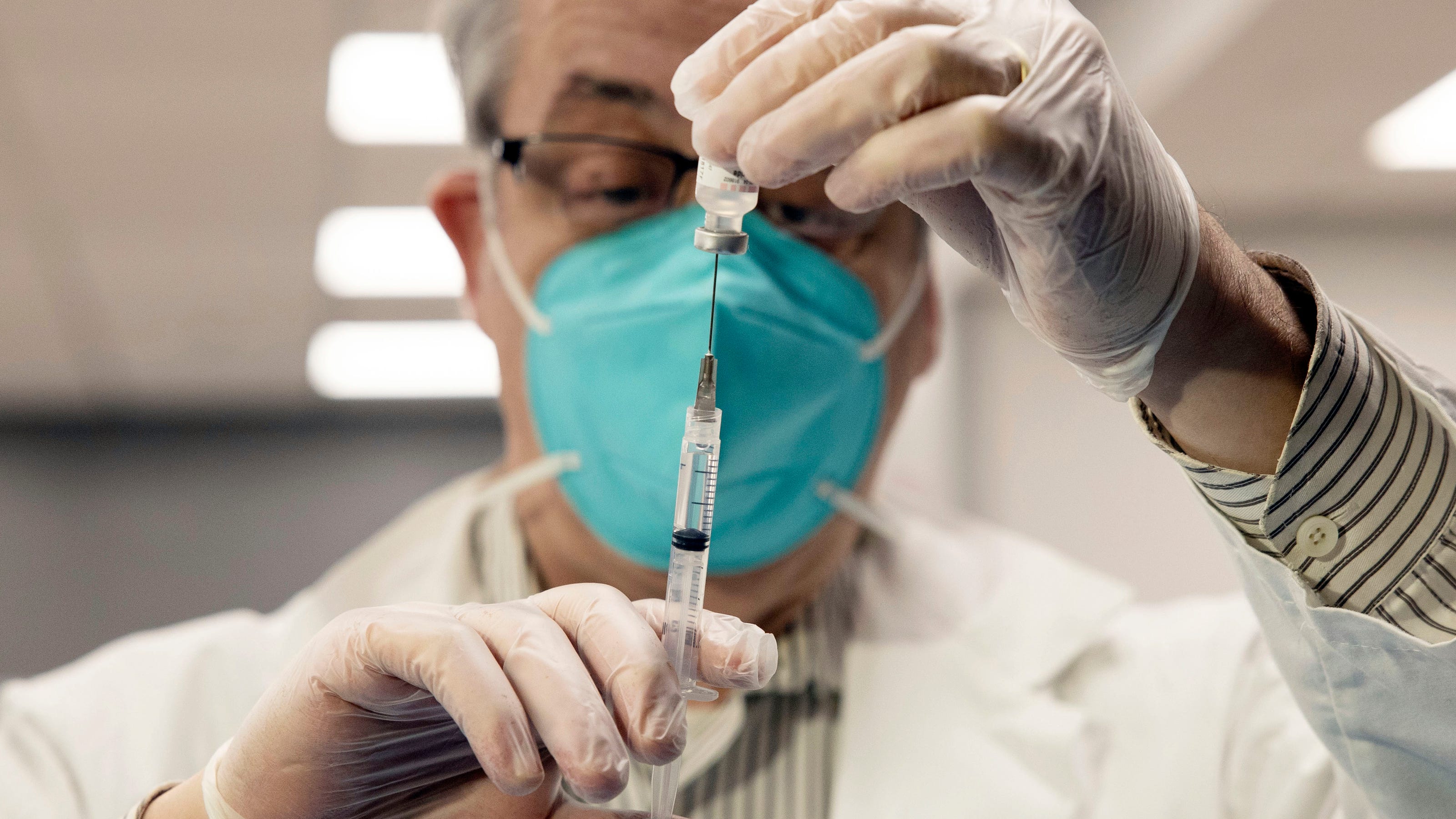Canadian study: Shorter, more frequent lockdowns could lead to fewer COVID-19 cases
Submitted by mike kraft on
 Shorter, more frequent lockdowns could lead to fewer COVID-19 cases, study finds A new study out of Toronto suggests that shorter, but more frequent lockdowns could lead to fewer cases of COVID-19. Coronavirus
Shorter, more frequent lockdowns could lead to fewer COVID-19 cases, study finds A new study out of Toronto suggests that shorter, but more frequent lockdowns could lead to fewer cases of COVID-19. Coronavirus TORONTO -- A new study out of Toronto suggests that shorter, but more frequent lockdowns, could lead to fewer cases of COVID-19.






